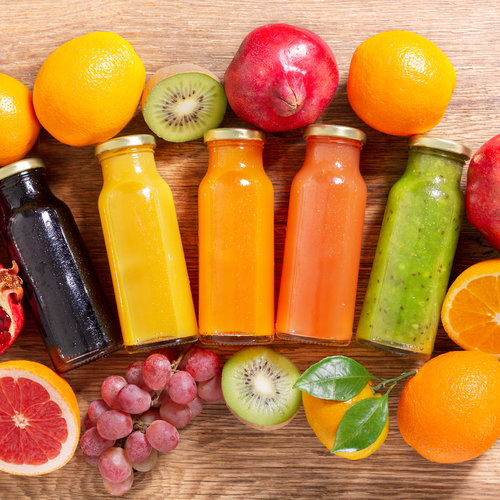The European Fruit Juice Association welcomes the approval of the Revision of the EU Fruit Juice Directive

2024-04-10
AIJN welcomes the Revision of the EU marketing standards for the so-called 'breakfast' directives, aimed at bolstering existing marketing standards related to honey, fruit juices, jams, and milk. Specifically, the revision of the Fruit Juice Directive, in force as such since 2012, represents a step forward, bringing the directive in line with contemporary concerns and industry demands. Throughout this process, AIJN has actively collaborated with EU institutions to ensure comprehensive consideration and representation of industry perspectives.
Serving as the cornerstone of meticulous legislation, the European Fruit Juice Directive ensures the highest standards of safety and quality for fruit juices, while also offering comprehensive information to consumers across Europe regarding the composition, nature, and authorized processing methods of fruit juices.
The latest revision address several aspects and bring great innovation to the sector:
- Introduction of the reduced-sugars fruit juice category: We welcome the introduction of the new category of “reduced-sugars fruit juices”, in line with the objectives of the Farm to Fork strategy, offering more choice of products for consumers. More specifically, three products are added, “reduced-sugar fruit juices”, “reduced sugar fruit juices from concentrate” and “concentrated reduced sugar fruit juices”. Future products can only be called “reduced sugar fruit juice” if at least 30 % of the natural sugars have been removed and they maintain the essential characteristics of the fruit juice from which they come.
- Information on sugar content: In Europe, consumers may not always be aware that fruit juices do not contain added sugars. Both institutions agreed that additional transparency is needed. To this effect, they have allowed industry to use the voluntary statement that “fruit juices contain only naturally occurring sugars”.
- Inclusion of coconut juice: Reflecting the evolving market trends and consumer preferences, coconut has been included in the Directive's Annex V, accompanied by a specified Brix level of 4.5. Additionally, coconut water is acknowledged as synonymous with coconut juice.
- Authorization of additional substances for clarification: The directive now accommodates the use of plant proteins derived from wheat, peas, potatoes, and sunflower seeds for fruit juice clarification, ensuring alignment with contemporary practices.
While we wait for the formal adoption at the Council and the Directive’s entry into force, it is foreseen that the European Commission will be tasked with elaborating a Delegated Act on Reduced-Sugar Fruit Juices, examining the feasibility of origin labelling of the fruits used in fruit juices, and developing implementing acts for fruit juice analysis methods.
In response to these endeavours, AIJN reaffirms its dedication to responsible collaboration, advocating for policies that prioritize consumer health and sustainability in the industry.
